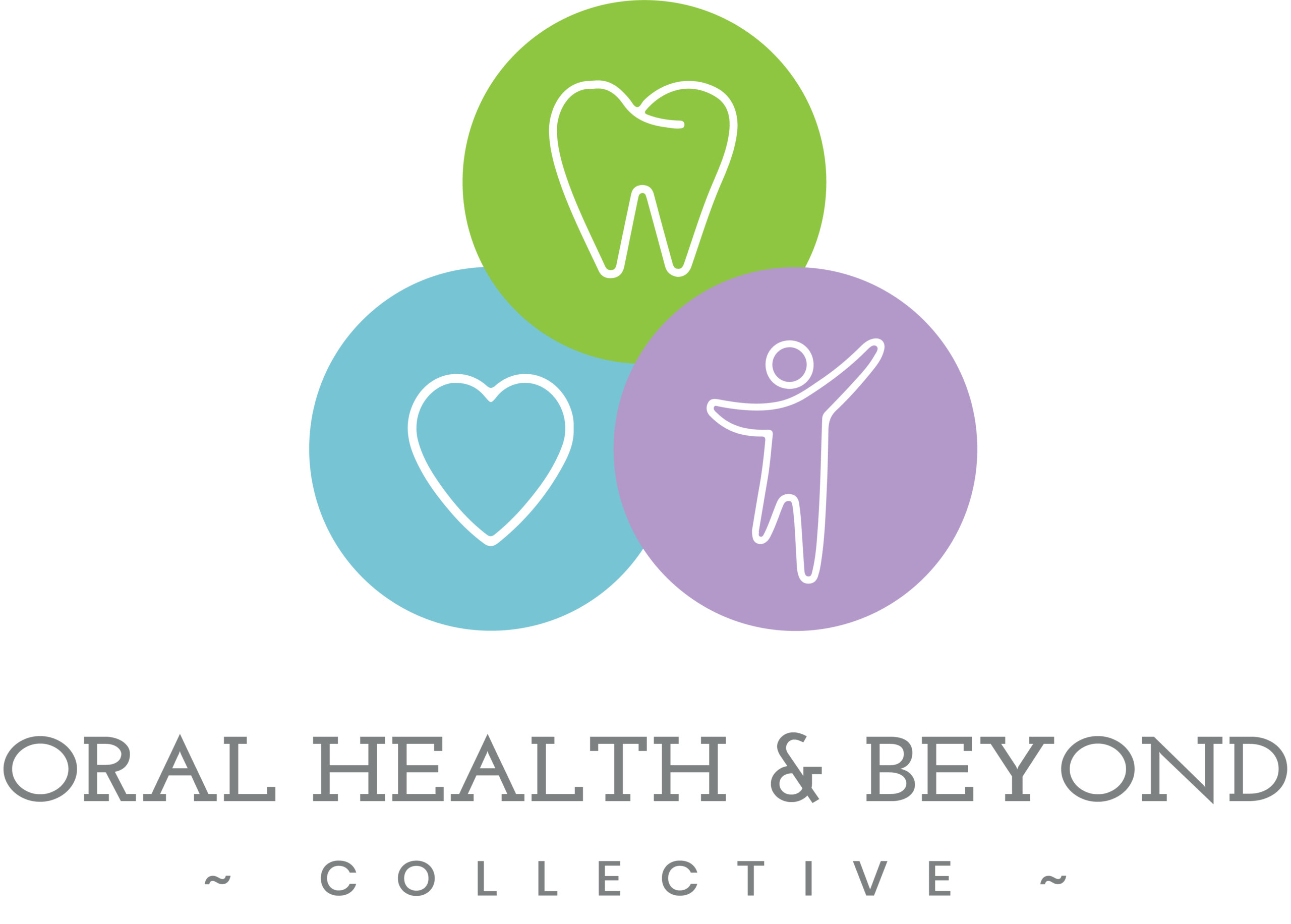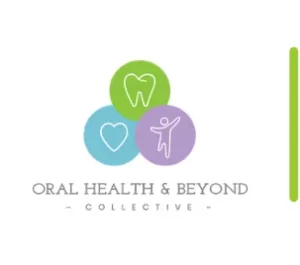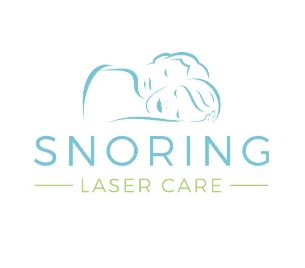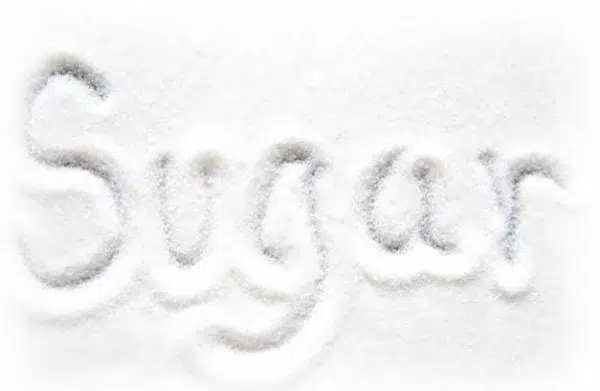
Sugar Overload
The hidden sugars in your food and how they impact your oral health
Sugar has been at the forefront of a recent study by Choice Community. The consumer advocacy organisation set out to learn more about added sugars and the impact it has on Australian diets. The findings have been staggering with widespread repercussions noted for Australians of every age as well as various health professions.
Some of the findings include:
• On average, Australian adults are consuming 60 grams of added sugar a day, which equates to 22 kilos of added sugar a year;
• 14-18 year old males are the worst offenders, with some consuming at least 38 teaspoons of added sugar a day, which in total is more than 40 kilograms of added sugar a year.
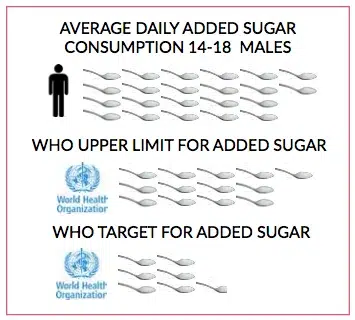
Source: CHOICE
By ‘added sugar’ they mean the sugars which aren’t naturally found in foods like fruit. The report found that most excess sugar is being consumed in sugary drinks including sports drinks, confectionery, biscuits and cakes. The problem with this is that consumers are replacing nutrient-rich foods with ‘energy-dense’ foods which have a negative impact on dental health as well as overall health.
In 2014-15, $9.564 billion was spent on dental services in Australia. This is up from $6.1 billion in 2007–08. One of the leading causes of this increase is believed to be an increase in dental caries and cavities caused by added sugars. Sugar is known to ‘feed’ the natural bacteria in the mouth. This feeding causes an acid-like reaction which then breaks down the enamel of the tooth, resulting in dental decay and cavities. Tooth decay and cavities cannot repair themselves, and if left untreated the tooth becomes susceptible to infections and abscesses. From here it is a just a small step to root canals and possible extraction.
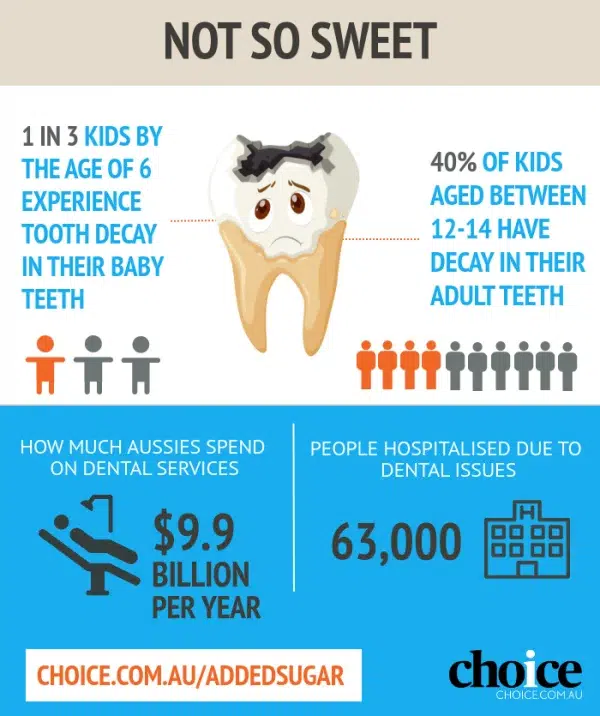
Source: CHOICE
Choice has also carried out a food substitution experiment wherein they replaced high sugar, pre-packaged foods with a less sugary counterpart. They swapped cereals like NutriGrain for Weeties and flavoured yoghurts for natural yoghurts. The experiment found that if consumers carried out these simple swaps, they could save up to 38.3 kilograms of unnecessary sugar a year. Their biggest tip when looking to carry out a food swap is ‘don’t get confused by looking for foods that have only have 10 grams of sugar per 100 grams as that would be 10% of the weight of the food, not the kilojoules’.
We understand that sometimes we do really want that ‘naughty’ sugary treat. So, in these cases, we suggest taking countermeasures after consumption. This can be brushing teeth, or having a drink of water, or having a piece of chewing gum. By enacting these small steps, you can protect your teeth from decay and cavities, thereby saving your hip pocket.
For more information on added sugar, and steps to counter-act sugar, please do not hesitate to contact us at DentalCareXtra.
#sugar #addedsugar #health #oralhealth #toothdecay #foodswap
References:
Castle, J. (2015). WHO warns against added sugar. Choice: Food and Drink.
Choice Community. (2017). End the Sugar-Coating [report].
